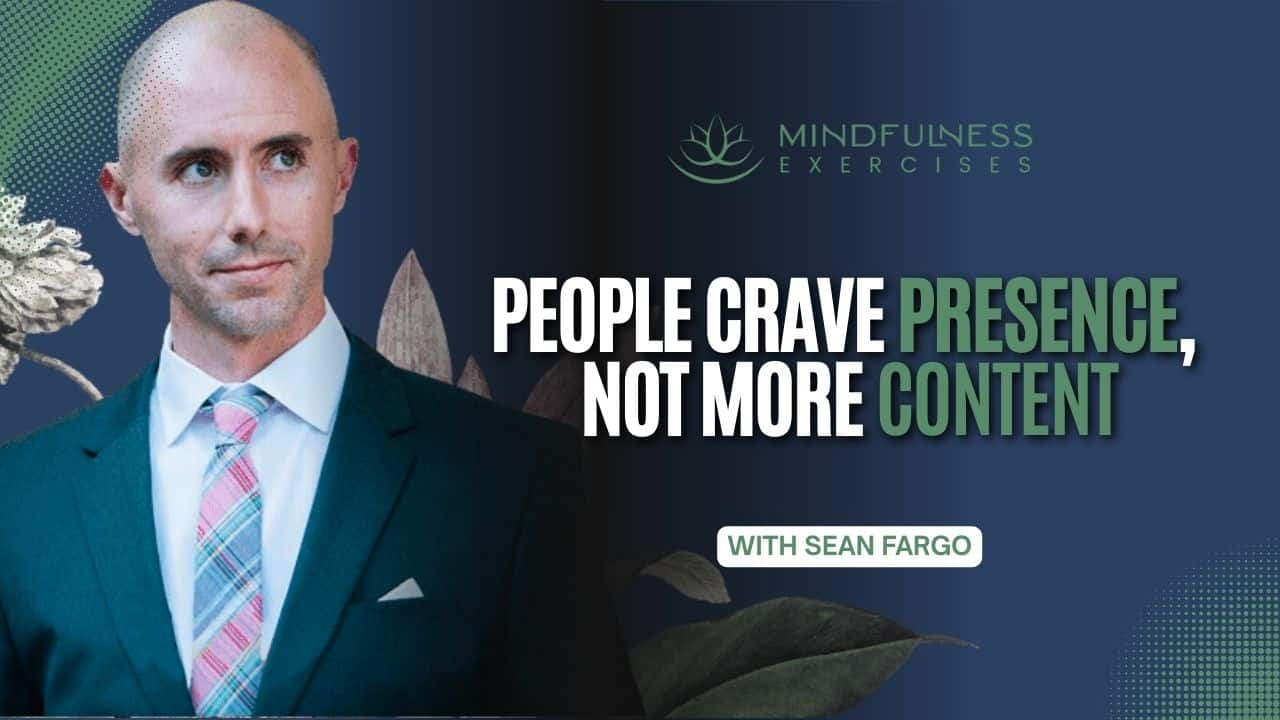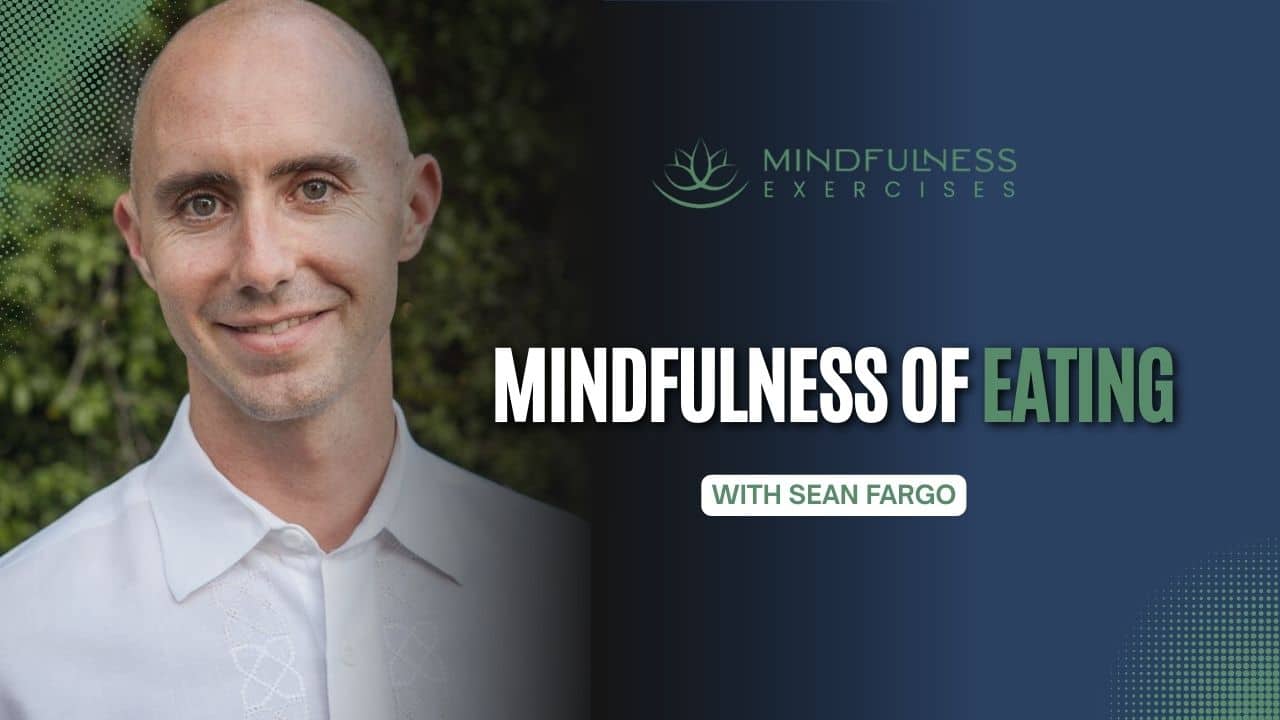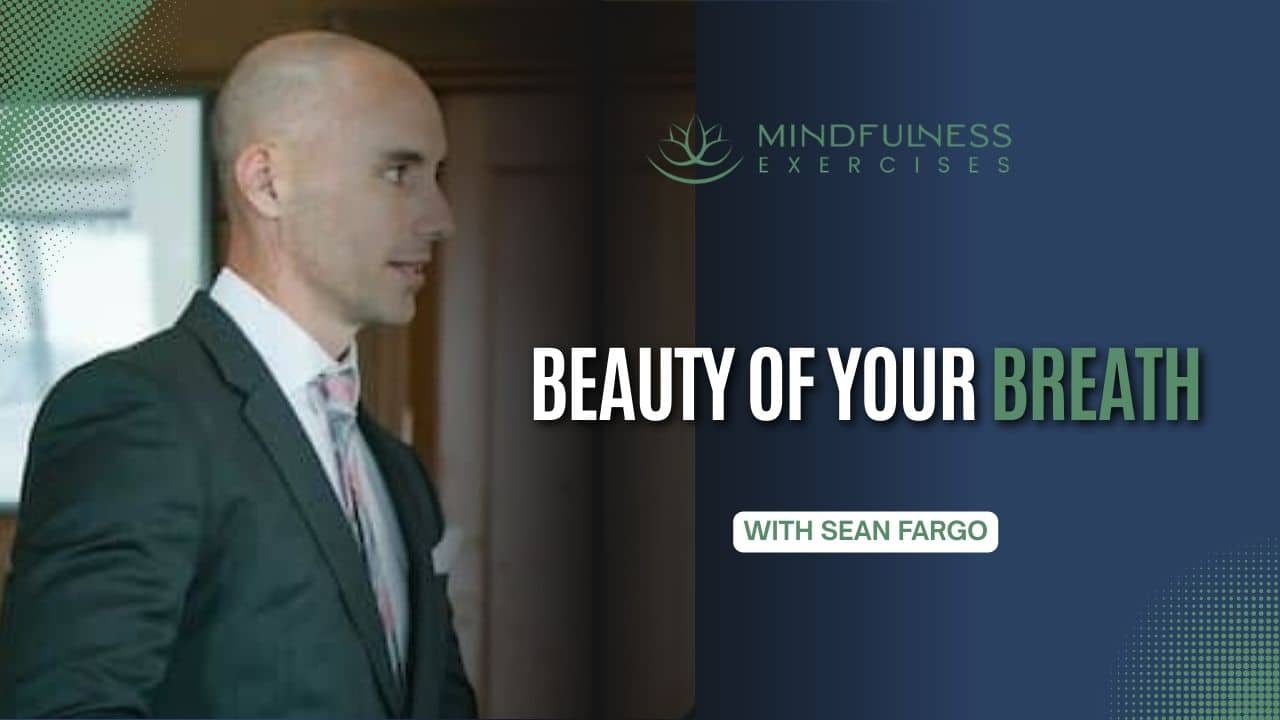Listen now
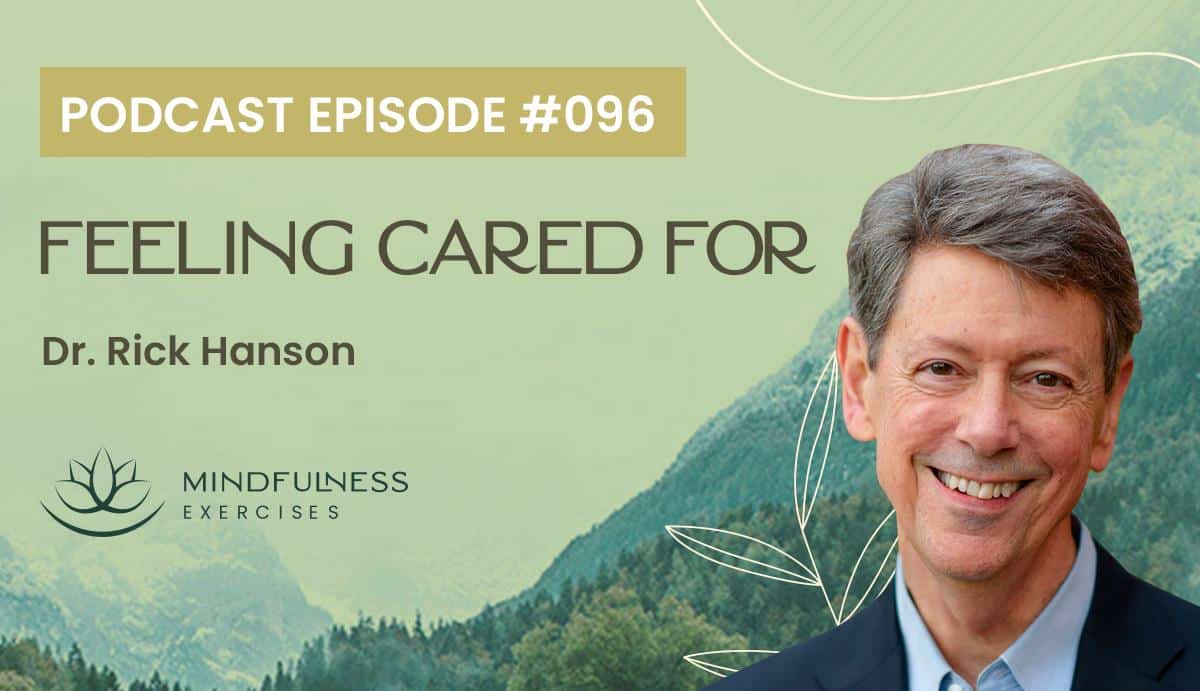
At the very core of our being lies an indestructible, untouched goodness. No matter the suffering we’ve experienced in life, we’re never irrevocably damaged. We are worthy of the care we long for. The question is, do we believe it?
In this episode, we hear from Dr. Rick Hanson, meditation teacher, New York Times best-selling author and Senior Fellow of UC Berkeley’s Greater Good Science Center. Dr. Hanson highlights the key inner resources developed through mindfulness that can open our hearts to receiving care.
Dr. Rick Hanson has previously appeared on the Mindfulness Exercises Podcast in Episode #070, How to Hardwire Happiness and Episode #006, Neuro-Learning and Amplifying Our Meditation Practice.
Sponsored by our Mindfulness Meditation Teacher Certification Program
certify.mindfulnessexercises.com
What You’ll Learn in This Episode:
Show Notes:
Identifying and addressing our challenges
The challenges we face are often the result of adverse early childhood experiences. We can address these challenges externally by trying to make the world a less harmful place. This work really begins, however, by identifying how our challenges are experienced internally. We can then develop the mental factors necessary to help us face and overcome them.
“I’m a shrink, so I look internally, but it’s not to disregard the external. But, if we’re focusing on mental factors that help with challenges, it’s helpful to bring it inside and go, ‘Okay, how does the challenge show up in our actual experiences? In what we feel or do or want, or in ways that we’re inhibited, ways that we’re bottled up or have a hard time really trusting others deep in our bones because we were so let down at such an important time when we were young? What’s the challenge?’”
The key resources that can help us with our challenges
Having identified our most pressing challenge, the next most important question to ask is ‘What, if it were more present in the mind, would help us address this challenge?’ Such beneficial inner resources may include happiness, self-compassion, the ability to self-soothe, a sense of unshakable goodness, or the feeling that we are cared for. Of these, we might ask ourselves which would be helpful to develop as a trait.
“What’s the diagnosis, what’s the challenge? Second, what would help? That’s incredibly useful and most people can’t answer that second question at first, they don’t know. I didn’t know. I was a clueless therapist for years. I was practicing unconditional positive regard and I hopefully wasn’t being a jerk, those are non-specific beneficial things, but otherwise, I had no map. What are we doing here? So, that’s the really key question, ‘What are we trying to develop?’”
Experiencing beneficial mental states
As mindfulness teachers (or as anyone who is suffering and ready to heal) we may naturally ask, ‘How can I help someone experience the beneficial mental states that can help them face their challenges?’ For example, someone struggling with distraction and hypervigilance due to trauma could benefit from experiencing a moment of mental stability.
“What would help? How can they have experiences of something like recognizing that we can still be alert to what is actually happening in the present, while allowing ourselves to calm and stabilize in our own depths, in our core. ‘Oh! You can do both?! You can both protect yourself and settle into a more peaceful presence of mind?’ Oh, that would really help if that knowing in that experience were more stable in a person. So let’s then help them have that as an experience.”
Internalizing the key resources we need to face challenges
After identifying the challenge and the inner resources that could help, and experiencing those key resources, the next step is transforming that experience into an internalized trait. The simple fact that we can transform mental states into traits is hopeful. No matter the pain of our past or how challenging the present appears, we can always cultivate the key resources that will most help us.
“Categorically, key resources tend to address wounds or lacks. Wounds being the presence of the bad, and lacks being the absence of the good. And for many people, the absence of the good was even more consequential than the presence of the bad. Very often, what’s the case is that so many important things were missing. [...] We have a natural need for key social supplies of touch, healthy touch, soothing, calming, co-regulation. So if it’s missing, we end up with a kind of hole in the heart of what was missing. And then as adults, we can look for, bit by bit, what will gradually fill that hole in our heart. That’s so hopeful.”
Past unmet needs as the source of all suffering
The Buddha taught that craving is the source of all suffering. We crave because we feel our needs are not being met in the present moment. Internalized experiences of past dissatisfaction obscure our current reality. Mindfulness can help us see that, in truth, we’re perfectly okay in the present moment. With mindfulness, we build up presence, gratitude, and contentment, and we can open up to feeling cared for.
“As we internalize those experiences again and again we build up this core inside that feels already enough, already whole, already complete, already content in the present so there’s nothing missing and nothing wrong and no actual biological basis for craving. There may still be a habit of craving based on our history and our culture, but in the moment, there’s actually no basis for it.”
Two key resources to internalize
Of all the inner resources that can help us meet life’s challenges, Dr. Hanson nominates two he feels are of utmost importance. The first is the feeling of being on our own side. What would it feel like to be loyal to yourself, to act as your own best ally? The second key resource is to know, deep down, that you are good and worthy of care.
“To feel really deep down that we’re a beautiful, sweet, lovable good person. You know, like we would wish that for every child if we have a child, that they would really feel like a good person. It’s one thing to have self-esteem, which is conceptual. It’s really a different thing to feel that, with a kind of profound relief, that you actually are a good person. There would be this kind of confidence.”
The challenge we have with internalizing inner resources
Internalizing the feeling that we’re worthy of being cared for, and accepting that we are cared for right now, is easier said than done. As much as we long for care, a history of being hurt or disappointed by those whose care we seek can understandably condition us to swerve away from it. Feeling cared for may be what will help us, but perhaps the work begins further back.
“When we work with people, including helping people develop factors of mindfulness, we often realize, ‘Oh, it would really help this person to be more mindful of their interior.’ [...] It would help a person who’s struggling to be more open to their painful feelings or the parts of themselves that they’ve pushed away if they had a stronger sense of feeling cared about by others. [...] But then, the person understandably has a hard time actually growing that inner psychological strength of feeling cared about. So then you step back from ‘What if it were present would really help?’ And then you go, ‘Huh. What if it were more present would help that person develop the thing that if it were more present would really help?’ And that’s a very natural sequence.”
How to overcome the doubt that we’re worthy of care
Our experiences of betrayal are often unforgettable. And so, it’s common to struggle with doubt, to resist the truth that right now, there’s evidence that we are cared for. To see this evidence, we can identify the presence of five major categories of feeling cared for: Where in your life do you have evidence that you are (1) included, (2) seen, (3) appreciated, (4) liked, and even (5) loved?
“The second thing that might really help is to deepen the conviction that factually, there are people in their life today who do care about them. [...] Conviction in what’s factually true is an underrated psychological resource. [...] What do you know in your bones is true? What’s one thing you know for sure? It’s so important to develop conviction, especially in a world that’s full of bamboozlers, liars and bullshitters, and active, pernicious disinformation campaigns. [...] If a person has this primary pilot light of being on their own side, they want to help themselves believe what’s useful.”
When all else fails, care for others
In some cases, there are very real limitations that get in the way of us feeling as though we are cared for. Perhaps we live in a hostile environment or we suffer daily structural discrimination. We don’t have complete control over the receiving of care. Still, we can choose to open our hearts. When we give care to others, we open our hearts and develop the capacity to feel cared about, too.
“To find an open heart and to resource ourselves so that we dare to open our hearts. To develop the intermediate resource so we can really develop the primary resource we’re really going after and value. We can open our hearts. We can be compassionate. We can see the being behind the eyes in that other person. We can see the good intentions that underlie their bad actions. [...] If you think about the short list of really important resources to develop inside, feeling cared about is huge. So developing the capacity to feel cared about is really important.”
Additional Resources:
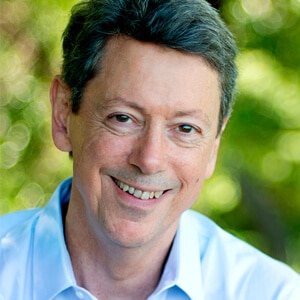
About Dr. Rick Hanson
Dr. Rick Hanson is a psychologist, Senior Fellow of UC Berkeley’s Greater Good Science Center, and New York Times best-selling author. His latest book is titled Neurodharma: New Science, Ancient Wisdom, and Seven Practices of the Highest Happiness. In it, Dr. Hanson presents mindfulness exercises for strengthening the neural circuitry of profound contentment and inner peace.
He’s lectured at NASA, Google, Oxford, and Harvard, and taught in meditation centers worldwide. An expert on positive neuroplasticity, his work has been featured on the BBC, CBS, NPR, and other major media. He began meditating in 1974 and is the founder of the Wellspring Institute for Neuroscience and Contemplative Wisdom. He loves wilderness and taking a break from emails.

